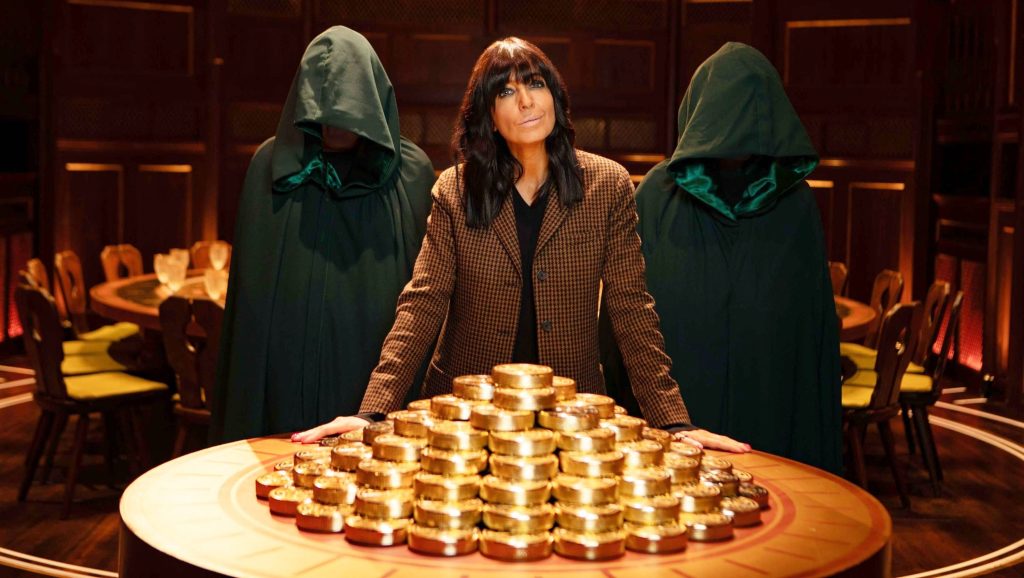At last some good news for the BBC. The UK’s public broadcaster broke its license fee income record in the last financial year, while group revenue shot up by close to 10%.
As the annual £174.50 ($234) fee was increased following two years of being frozen by the Conservative government, BBC license fee income hit a whopping £3.84M, rising by 3.5% to an all-time high. The previous top figure was £3.83M seven years ago, our analysis shows, although the BBC will argue that programming costs have risen enormously in real terms since and they have at the same time been forced into big savings and layoffs.
Leigh Tavaziva, the BBC’s Chief Operating Officer, described the pubcaster’s financial performance in 2024-25 as “ahead of expectations in a year that saw significant planned transformation.”
The license fee rose despite 300,000 less people choosing to pay the fee, although this was a smaller decrease than the previous year’s 500,000. The BBC will also be encouraged by the fact that next year’s license fee will rise with inflation, whereas last year it was given a below-inflationary rise, much to the corporation’s bosses’ chagrin.
Overall, BBC group income shot up by 10% to £5.9B. That figure was helped along by record revenue of £2.2B delivered by the commercial arm, which incorporates producer-distributor BBC Studios.
BBC Studios, which is behind Baby Reindeer, Doctor Who and Conclave, boosted revenue and profit by around 14%, with the latter hitting £228M. The BBC put this in part down to the full acquisition of streamer BritBox International from ITV for £255M, which itself increased turnover by 20% and doubled profit. BBC Studios has a big year ahead as the Doctor Who Disney+ deal faces renewal and with continued pressure to deliver to the BBC public service purse. The division’s lofty target to double revenues to £3.2B by 2027-28 is still a way away.
The BBC closed the year with a deficit of £112M, way shy of a forecast deficit of £492M, which the BBC put down to “the timing of spend in year as well as improved licence fee and commercial performance.”
Elsewhere, the BBC increased content spend above the £3B mark last year and added 5% to its drama budget, which topped £411M amid what the corporation has termed a scripted funding crisis that has seen American co-producers row back from spending on UK drama, leaving a number of greenlit BBC shows stuck in limbo.
In his report foreword, Director General Tim Davie called for “increased incentives for UK production including tax credits,” adding that these credits “should be reformed and extended to support key and at-risk genres as well as incentivise public service media objectives.” His call will likely fall on deaf ears, as the UK government has recently poured cold water on the idea of an upgraded tax credit.
The BBC also stressed its commitment to making savings in the report. It said it has closed 900 roles and made a net reduction of 400 roles over the past year, delivering total savings of £564M since 2022-23 as it builds towards £700M annual savings by 2027-28.
Of some concern to BBC bosses will be the corporation’s reach with young people, which dipped from 70% to 67% in 2024-25 – below its target. Facing competition from YouTube, TikTok, Netflix and other streamers, the BBC has consistently reiterated young viewers as a priority.
The Annual Report comes at a tricky time for the BBC, which is mired in the Gregg Wallace, Gaza: How to Survive a Warzone and Bob Vylan scandals.
